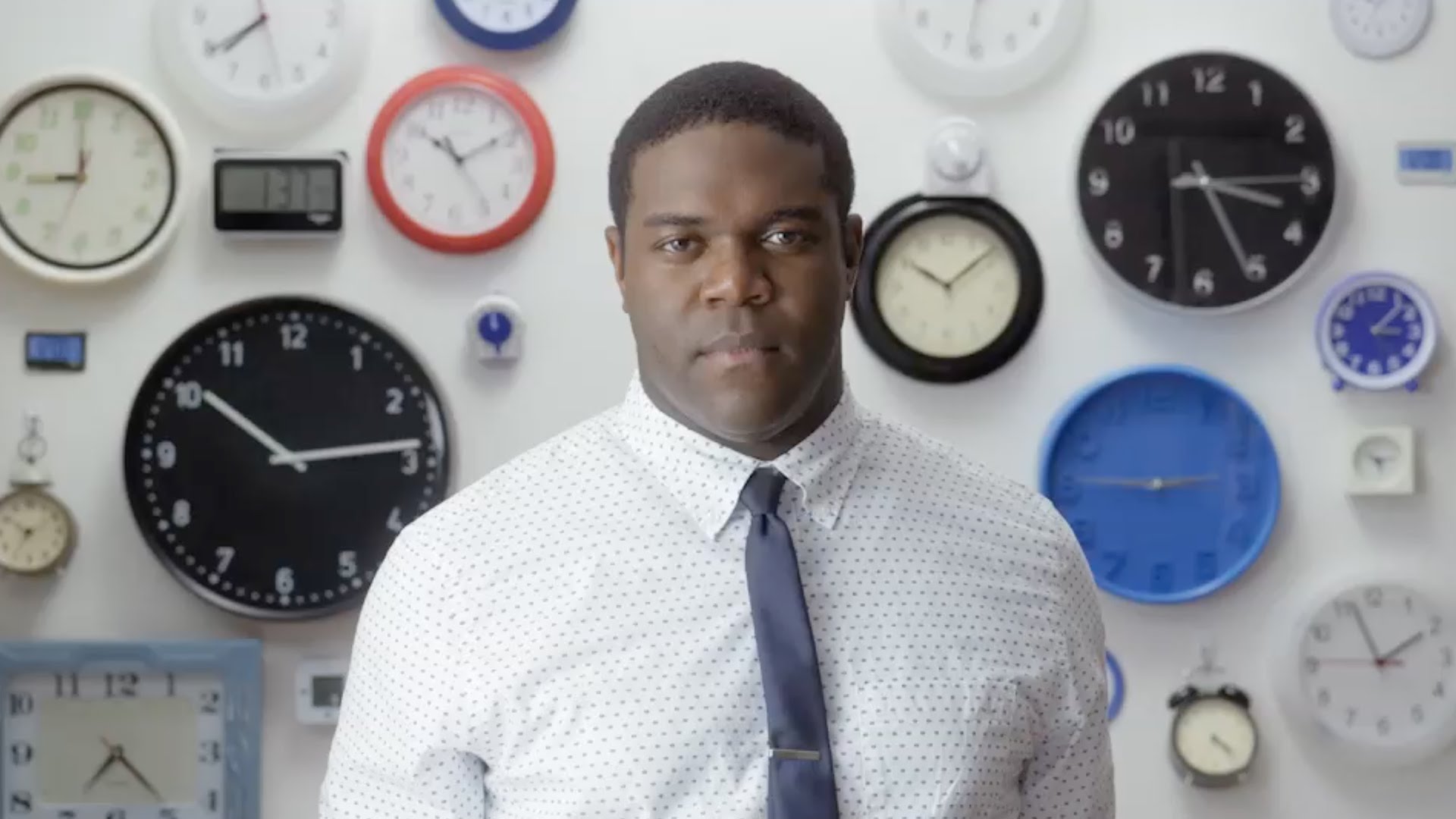
I’m on Dr.Oz today, 12/8! Fun episode about ways we can find balance. We’ll discuss the secret to “just clean enough” to feel happier and less stressed. Check local listings…

I’m on Dr.Oz today, 12/8! Fun episode about ways we can find balance. We’ll discuss the secret to “just clean enough” to feel happier and less stressed. Check local listings…
by Susan Swann, FamilyShare
When your kids’ friends are a problem, how can you step in without socially isolating your child?
 No matter how much you love your children, they’re bound to push your buttons now and again. Allowing your children to assert themselves, while still teaching them to behave respectfully, is part of what it means to be a parent.
No matter how much you love your children, they’re bound to push your buttons now and again. Allowing your children to assert themselves, while still teaching them to behave respectfully, is part of what it means to be a parent.
But what can you do when your kid’s friends are the problem?
Read the full post for ten ways your kids’ friends are ruining your family.
Photo credit: Angel Nieto, DepositPhotos

By Damon Brown

IMAGE: Getty Images
If you’re looking for happiness as an entrepreneur, then you’re probably barking up the wrong tree. JetBlue Airways has a new, fun short film, HumanKinda, exploring how little enjoyment we get out of our over-scheduled lives. The elusive feeling of happiness, though, seems inversely proportional to the time we set aside to create it. And business owners don’t have a lot of time.
Instead, we should be looking for meaning in our lives, argues Dr. Christine Carter, the featured sociologist in HumanKinda and author of The Sweet Spot. I talked with Carter about how meaning leads to happiness, what tech does to our focus and why it may have been easier for our entrepreneurial ancestors to have balanced lives.

I was honored to be a part of filmmaker Louie Schwartzberg’s Gratitude Revealed series — 16 film shorts that explore what gratitude is. Over the next few months, we’ll highlight one film a week, illustrating why gratitude is important and what we can all do to live more gracious lives.

A study suggests that people have a hard time being alone with their thoughts. What can you do about it?
Everybody spends time alone, but some of us find it more difficult than others. The potential benefits of solitude include reduced stress, enhanced creativity, and improved concentration. Yet a recent study suggests that many people prefer any stimuli, even negative ones, to being alone with their thoughts.
Christine Carter, PhD, a sociologist and happiness expert at the Greater Good Science Center at the University of California, Berkeley, isn’t surprised. “Our normal state of being is constant stimulation,” she says. “We live in a culture of busyness, where we’re constantly moving, constantly doing, constantly on the go. We equate being busy with meaningfulness, so when we’re alone, it can trigger a lot of fear and anxiety that our lives are lacking meaning.”
Our culture sends us mixed messages about being “busy”, but there is a way to use our minds and physiology to help us find a place of ease. More from Mind Body Spirit Living.
by Celia Shatzman for Women’s Health

Just Smile
Making eye contact and grinning at a stranger can brighten both of your days. “Research shows it cheers people up,” says Christine Carter, Ph.D., author of The Sweet Spot: How to Find Your Groove at Home and Work and a senior fellow at the University of California, Berkeley’s Greater Good Science Center. “One theory about why is we’re clannish, tribal people. Our nervous system feels safer in groups. So the more connected we feel to people around us, the safer and more relaxed we feel, and that opens up the possibility we’ll be happy.” Plus, grinning activates the smile muscles, which can also put you in a better mood.
 Don’t get addicted to busyness, or let it become a badge of honor. You can do less—and feel good about it. Check out my interview in the June issue of Mindful Magazine to read how.
Don’t get addicted to busyness, or let it become a badge of honor. You can do less—and feel good about it. Check out my interview in the June issue of Mindful Magazine to read how.
I had another fun interview with Mindfulness 4 Mothers’ Kellie Edwards! Take a listen to her “A Flourishing Life” show.
 CLICK HERE to play or right click to download .mp3 file of the interview
CLICK HERE to play or right click to download .mp3 file of the interview
(Choose “save as” and then drag the downloaded file to iTunes or your music player.)

To celebrate the International Day of Happiness this past Friday, I participated in an interview with Snapchat Stories. Enjoy!
Snapchat: What’s one of the biggest myths about happiness?
CC: We think that happiness is a personality trait, when really it is better thought of as a skill, or a set of skills that we can learn and practice. Obviously we do have genetically-based personality differences, but I think of happiness like learning a language. Some people pick up languages really easily — especially those taught when they are young. Other people have to do more work to speak and write well. But either way, we all need to be taught the basic “grammar” and “vocabulary” of happiness, and we need to practice those things in order to become fluent.
How often should a “normal” person feel happy?
There is no normal; life can be difficult, and when it is, few people feel happy about it. We do know that once a person’s ratio of positive to negative exceeds about 3:1 (three positive emotions or experiences to every one negative) their whole system seems to change — they are said to “flourish.” Flourishing people, who represent less than 20% of the population, are more creative and resilient in the face of difficulty.
Are people generally happier as children or adults?
Happiness levels change throughout the life course. Most research shows that people’s happiness tends to follow a U-shaped curve: it is highest when they are young, and it tends to bottom out between our late 30s and early 50s. Fortunately, happiness levels tend to rebound again around age 60.
Is there a “fake it ’til you make it” factor to getting happy?
“Faking it” only works when we aren’t pretending or performing. Facial expression alone, without first feeling a corresponding emotion, is often enough to create discernible changes in your nervous system. When you lift the corners of your lips and crinkle your eyes, for example, after a couple of minutes your body will release the feel-good brain chemicals associated with smiling. But pretending to feel something that we aren’t makes us feel worse; research shows that inauthenticity is corrosive to our health, especially our cardiovascular system. One way to “fake happiness” fairly effectively, though, is to put a pencil between your back teeth for a few minutes in order to activate your smile muscles. (A word of warning: I’ve found that this technique works for lightening up my mood, but it does make me drool.)
Can money buy happiness? At least a little bit of it?
The old adage is mostly true: Money doesn’t tend to buy much happiness (after our basic needs are met). In our culture, we tend to confuse real happiness — profound joy and authentic contentment — with pleasure and gratification. Money does buy pleasure, but it takes a whole lot of money to increase your overall happiness level just a little tiny bit. And money really can’t buy meaning or fulfillment.
Here are 5 quick (and free) things you can do to find more happiness today:
Photo courtesy of José Manuel Ríos Valiente.